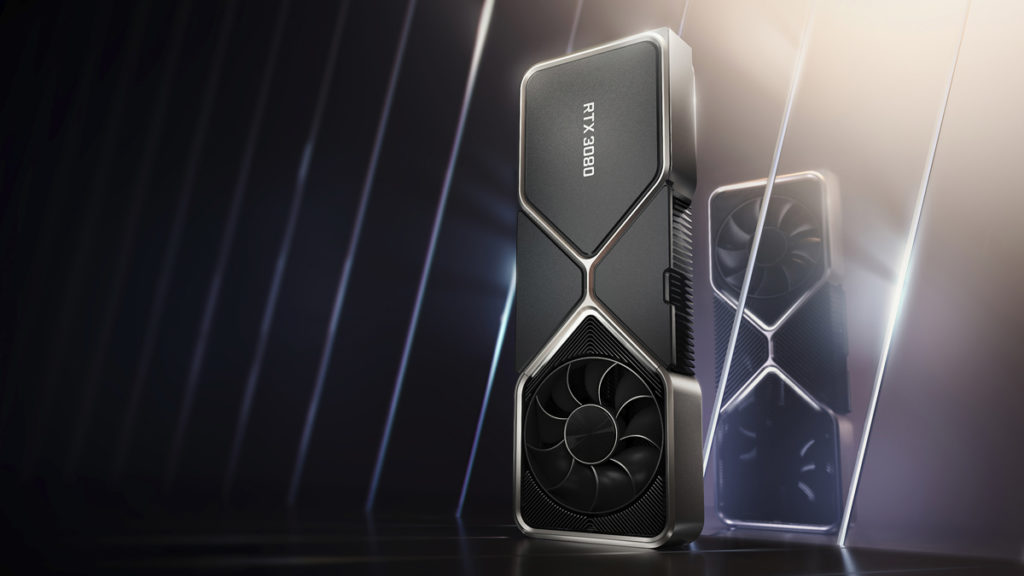I was thinking more along the lines of a 'market crash', like,
all the markets, as hinted by
@Uvilla above. Totally agree that the
mining market affects GPU prices and availability!
Good point. Thanks.
Thinking along that line though... yeah, I agree, I don't think GPUs (or lack thereof) could cause a market crash. But you would certainly have the inverse: a market crash could wreck the GPU/high tech market. If we think about the last bubble pop - both AMD and nVidia ramped up production to meet the inflated demand. When the Bitcoin market dropped out, both of them got left holding tons of older inventory right at time when they were ready to do a generational change. It hammered both pretty badly. GPU prices cratered there for a while as retailers were struggling to get rid of older New SKUs and the gray market was flooded with used items. They eventually recovered, as gamers slowly chewed through all that inventory, but it took months, of not a couple of years - and now we have GPU manufacturers that are gun shy to ramp up production, which isn't helping the current shortage situation at all.
If you had a simultaneous market collapse - global recession style event... you wouldn't have those gamers slowly chewing through that excess inventory - all that discretionary income wouldn't exist. It would take a lot longer for the market players to recover -- some may not have the resources to make it through an extended drought, or their shareholders may get impatient and start demanding imprudent measures be taken to produce short-term shareholder value. You could see a lot of bankruptcies, consolidations, downscaling, and the market would look totally different coming out of that. And that's in a market segment where there isn't a lot of competition - you only really have two main manufactures, a handful of OEMs, and a pretty big retail network fanning out...
Think out Sci-Fi style.. there could be a situation where GPUs could cause a crash, but it's a hypothetical. You already have a lot of traders using some pretty advanced math and very high speed connections to perform trading. Some transactions are measured in milliseconds already, and if you can trade faster than the competition, that's a competitive advantage. So.. let's just pretend someone develops a way to GPU accelerate their stock market algorithm. Instead of Frames per second, your looking at Quantitave Transactions per second. And once you've done that and a good portion of the world's economies are flowing digitally via GPU-calculated algorithms, the next zero-day driver flaw, or a bad actor with a lot of GPUs in their basement, or maybe it's even unintentional and it's just a software bug -- and starts making all the wrong decisions, or... god forbid... your trading platform starts to ~lag out~ and you find yourself seconds behind the market, bleeding cash the entire way.
I'm not saying it's being done - it sounds more like the plot to a boring Sci Fi novel. But just thinking out of the box for a way it could be possible for GPUs to bring about global market collapse

